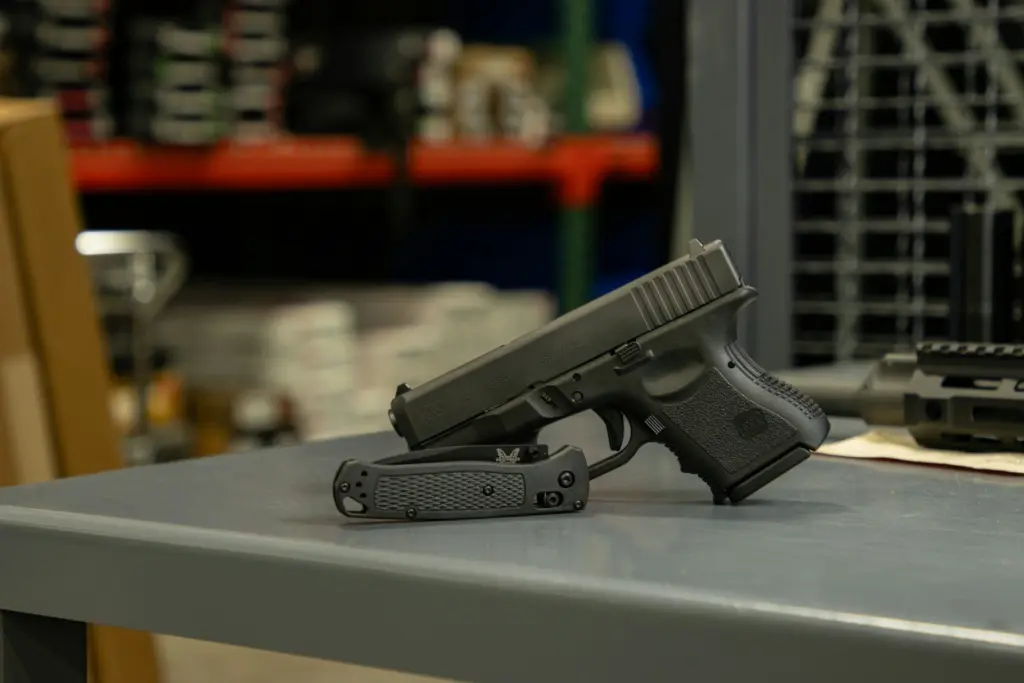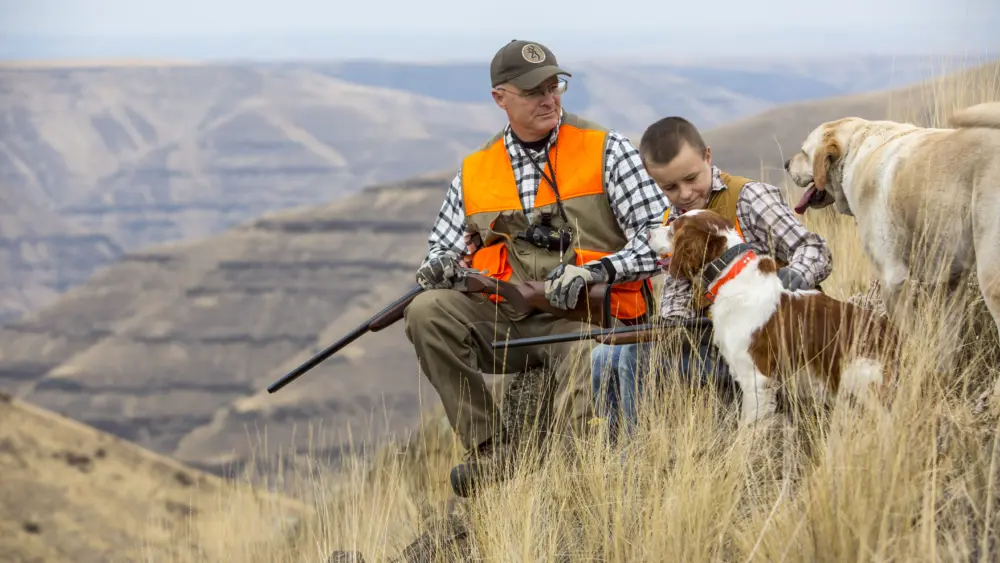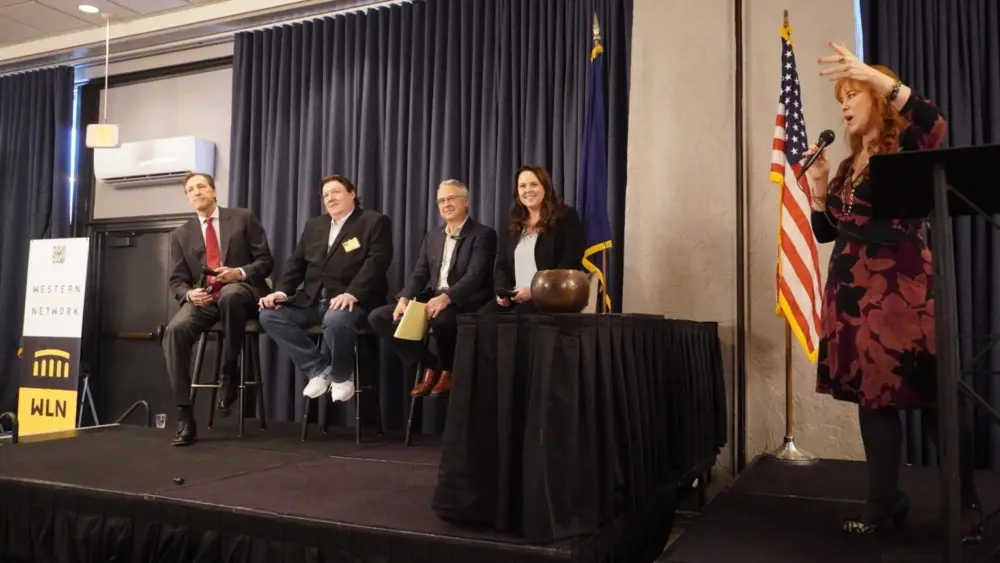
Gun rights supporters are celebrating what they call a significant victory after the 9th Circuit Court of Appeals issued a mandate on Thursday overturning California’s “one-gun-per-month” law.
In a decision issued in June, the appeals court ruled in favor of the Bellevue, Wash.-based Second Amendment Foundation and its partners in Nguyen v. Bonta. The case challenged California’s one-gun-per-month law, which restricted most individuals from purchasing more than one firearm within a 30-day period
California lawmakers first imposed the gun purchase limit on handguns in 1999. Then in 2019, lawmakers passed an amendment that added the 30-day limit on semiautomatic rifle purchases.
On Jan. 1, 2024, California residents were limited to one purchase of a firearm of any kind within a 30-day period.
A press release from SAF noted that the Firearms Policy Coalition and San Diego County Gun Owners PAC, two Federal Firearms License gun dealers, and six private citizens, including Michelle Nguyen, for whom the case is named, joined them in the legal challenge.
On Friday, The Center Square spoke with SAF Director of Legal Operations William Sack about the case.
“The opinion is certainly significant in a few ways,” he said.” Anytime the Second Amendment wins in California, that’s you know screaming from the hilltops, ‘Holy crap. What just happened?’”
Sack explained that the court’s ruling and the mandate differ.
“When the opinions come out, the opinions kind of go through all the legal analysis, and they announce what the court is going to do,” he said. “But none of it actually takes effect until the mandate issues. So, that’s what happened [Thursday].”
He said gun control supporters who championed the law claimed that limiting gun purchases would reduce the trafficking of firearms.
“I think that they were coming from a place of limiting Illegal firearms trafficking, and their thought was that in very limited instances, people go out and purchase firearms in bulk with the intention of then backdooring those firearms to people that aren’t supposed to have them, classically called a straw purchase,” Sack explained. “So, I think that was the kind of underlying animating impetus of the law. But unfortunately, we already have laws that address that problem and what they did with the gun rationing law is restrict everybody else from exercising their rights.”
Sack said the 9th Circuit Court ruling is noteworthy because the entire court opted not to take up the case after the three-judge panel’s decision.
“Usually, what happens when the Second Amendment wins in the 9th Circuit in a three-judge panel is the entire court steps in en banc and smacks that panel down and says, ‘No, as it turns out, we can’t ruin our batting a thousand streak of upholding every piece of gun control that we’ve ever seen.’ So it’s definitely noteworthy that we have a Second Amendment win out of California that’s being allowed to stand.”
Sack noted his team was confident the law and the United States Constitution were on their side.
“There was no legal foundation to just arbitrarily say you can only buy one gun a month because we say so,” he said. “From a practical perspective, there were all sorts of reasons that it didn’t make any sense. I mean, you could imagine a new shooter who wanted to come in and buy a somewhat larger gun to train with and a smaller gun to carry in their purse. Someone who was taking up a new shooting sport who needed to purchase a shotgun and a rifle.
“For the government to arbitrarily say, ‘No, too many guns for you,’ was a big problem. So, we’re really thrilled to have this one off the books. It’s a nice win, and we continue to chip away at the California gun control behemoth.”





